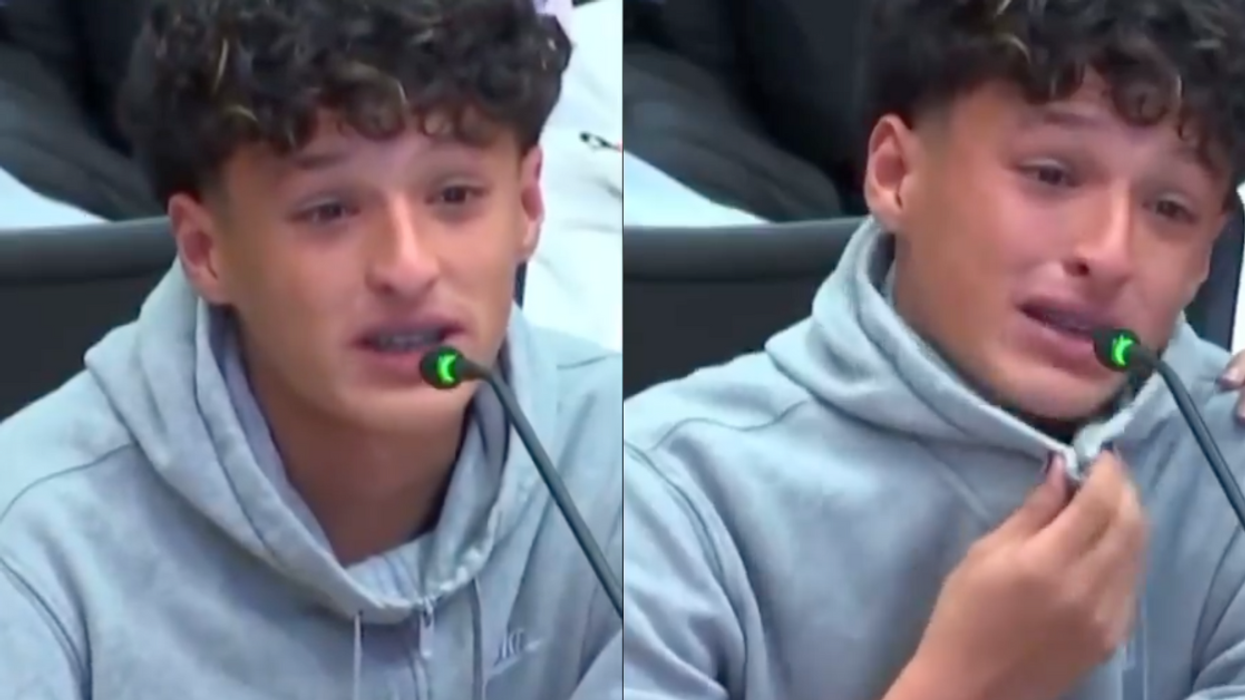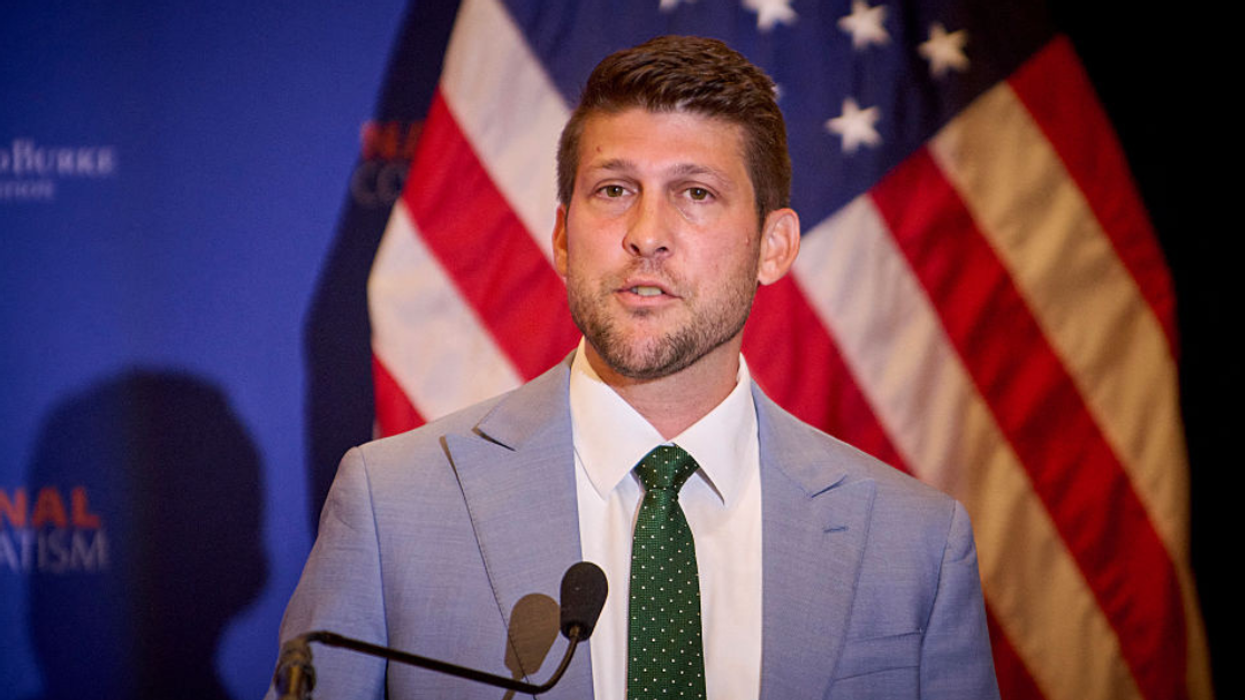U.S. District Court Judge A. Wallace Tashima has permanently blocked a ban on ethnic studies courses in Arizona public schools following a seven-year court battle disputing the legality of a 2010 state law. The law, which was written and passed after the Tucson Unified School District started offering classes on Mexican-American history, literature and art in 1998, banned courses which could have been seen as promoting solidarity among ethnic groups.
Judge Tashima wrote that the law banning the courses “was enacted and enforced, not for a legitimate educational purpose, but for an invidious discriminatory racial purpose, and a politically partisan purpose...” and because of that, it “… cannot be enforced.”
The Arizona Attorney General’s Office which represented Arizona state education officials disagrees that any racial discrimination led to the conception of the 2010 law also stated and they were considering an appeal to the most recent ruling. Spokesman Ryan Anderson announced, “We will consult with the superintendent [of Public Instruction] and see how she would like to proceed. Additionally, we have an obligation to evaluate the likelihood of success on appeal for the individual findings.”
Arizona Superintendent of Public Instruction Diane Douglas said in a written statement that the law was meant to stop Arizona residents’ tax dollars from being used to “promote the overthrow of the United States government or promote resentment towards a race or class of people,” words taken directly from the text of the law in question. Douglas was named as a defendant in the case after being elected to her post last year, and says she now plans to meet with lawmakers from her state to find a legislative solution. She, like the aforementioned Mr. Anderson, didn’t rule out the option to appeal the judgement at the time, but the deadline for appeal on this issue has now passed.
Since 2015, the Tucson school district has worked to broaden and institute a different curriculum which doesn’t specifically focus on Mexican American history. This curriculum, which was developed after a separate lawsuit, focuses on American history as told from the experiences of African Americans in the U.S. and is currently taught at all the high schools in the district.
This dispute is about more than differing political views on curriculum or teaching methods within Arizona public schools, or accusations of intended racism in the crafting of the 2010 law. According to a study spearheaded by Nolan Cabrera of the University of Arizona’s Center for the Study of Higher Education, students who took the Mexican American studies courses were, in fact, more likely to pass standardized tests and graduate. The study notes that the courses, which ended in the Tucson school district after threats to decrease funding from the state in 2012, were directly responsible for keeping students significantly more engaged in their education, resulting in improved test scores.
Additionally, Arizona Democrats have argued that the disputed curriculum is valuable because it informs and educates members of different communities on the history of those who played a part in the history and formation of their state. Representative Sally Ann Gonzales, a Democrat from Tucson, said in a statement that “Attacking the Mexican-American studies program sends the wrong message to Arizona’s students and denied the state’s rich and diverse history.”
Judge Tashima appears to agree with Representative Gonzales. There are several instances where he has spoken about how his own upbringing as a Japanese American during World War II influenced his professional judgement. Born in 1934 to Japanese parents in Southern California, Judge Tashima was only seven years old when he and his family were taken from their home and placed in Poston War Relocation Center, very close to the California-Arizona border, where they lived out three years of World War II. Tashima stated in a 2014 interview, “Although we all try to apply the same law, people do bring their personal experiences to whatever work they do… So, I think the government institutions, including the courts, should try to reflect the diversity that America represents today... I definitely believe that it was wrong—the internment of the Japanese, and I think that conviction does inform my attitude as a judge… In other words, I think I’m probably much less inclined than a lot of other judges to always trust what the government does.”
Nolan Cabrera believes a result of Judge Tashima’s decision will be vastly improved and expanded ethnic studies programs across Arizona, following in the steps of neighboring states such as California and Nevada which have already begun this process.
An attorney representing the Tucson students who brought forth the lawsuit lauded Judge Tashima’s decision. “That should make it clear to everyone in the state: This law is not only invalid and cannot be enforced, it makes it clear that the Tucson Unified School District is absolutely free to re-adopt the Mexican-American Studies Program,” Steven Reiss said.
But will they?
























